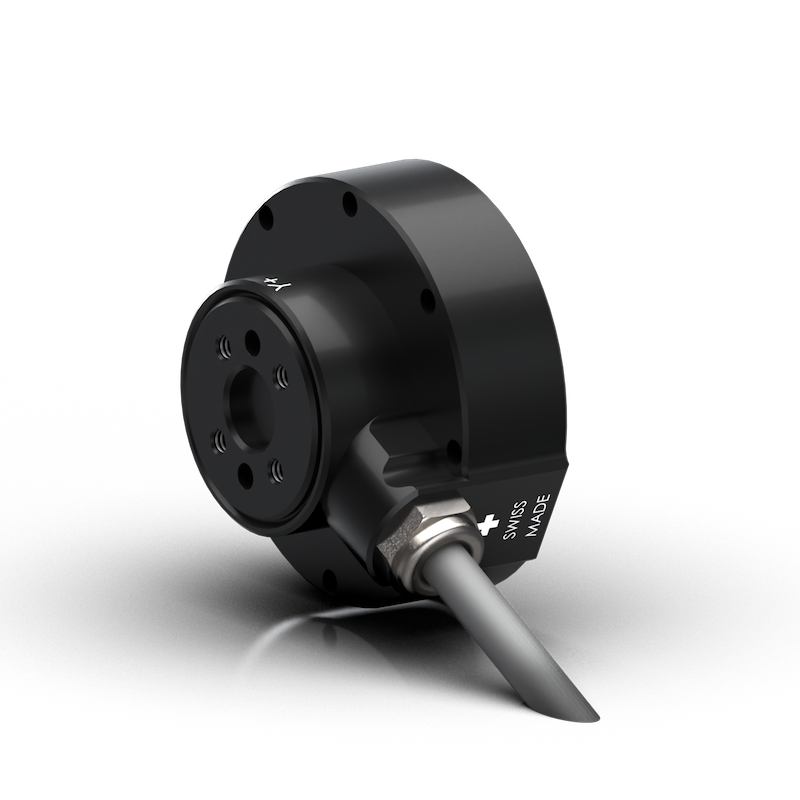Bota Systems launches ‘highly sensitive’ robotics force-torque sensor
Bota Systems, a pioneer in multi-axis force-torque sensors, is excited to announce the launch of the MiniONE Pro.
This advanced six-axis force-torque sensor offers exceptional sensitivity and compactness, empowering small robotic systems with enhanced feedback capabilities.
The MiniONE Pro acts as a crucial connector between robot arms and probes, providing highly sensitive feedback for improved performance. With a high sampling rate of up to 2000Hz and an ultra-low-noise signal delivering an accuracy of better than 2 per cent, the MiniONE Pro offers precise measurements.
Integrating this sensor is seamless, as it is already plug-and-play compatible with popular small-scale industrial robots such as the Yaskawa MotoMini and the Mecademic Meca500.
Bota Systems showcased the MiniONE Pro at the recent automatica, a leading exhibition for smart automation and robotics.

Weighing approximately 60g, the MiniONE Pro is designed to excel in applications that require haptic feedback from a compact system.
It finds applications in various industries, including the watch industry for re-assembly of small parts, micro-polishing, and button and product testing.
Its versatility allows for easy testing of keyboards with different responses and accurate measurement of mechanical resistance for each button.
According to Marcus Frei, CEO of NEXT robotics, “The MiniONE Pro provides superior feedback control, making it the go-to six-axis force-torque sensor for small robots.”
Dr Martin Wermelinger, head of robotics at Bota Systems, says: “The MiniONE Pro stands out with its exceptional resolution and bandwidth performance, ensuring seamless integration into a robot’s feedback control system.”
To accommodate customer preferences, Bota Systems provides two interface options: CANopen over EtherCAT and a serial interface for USB and RS422. This flexibility enables users to choose the interface that best suits their needs.
The MiniONE Pro is housed in a dustproof and water-resistant casing, which includes embedded electronics, a six-degrees-of-freedom IMU (inertial measurement unit), and temperature sensors. It supports software integration with TwinCAT, ROS, LabVIEW, and MATLAB®, enhancing its compatibility across various platforms.
A robotic force torque sensor is a device that measures force and torque when they are applied on its surface. By using the measured signals in real-time feedback control, robots can perform challenging interaction tasks.
The sensor used most commonly in robotics of this type is a complete six-axis sensor, which measures forces and torques on three axes each.

